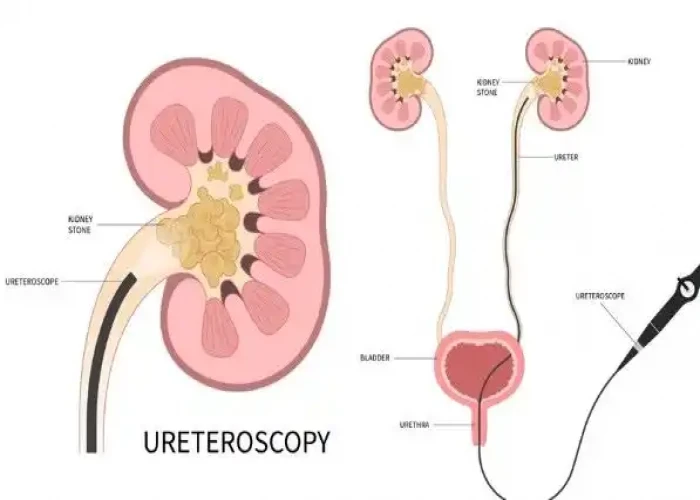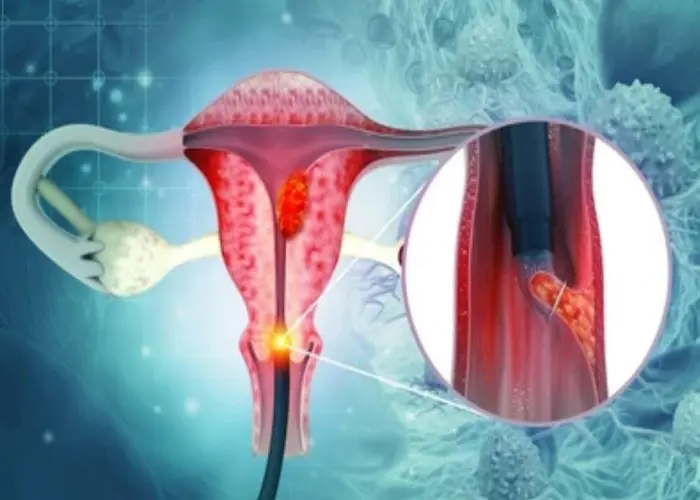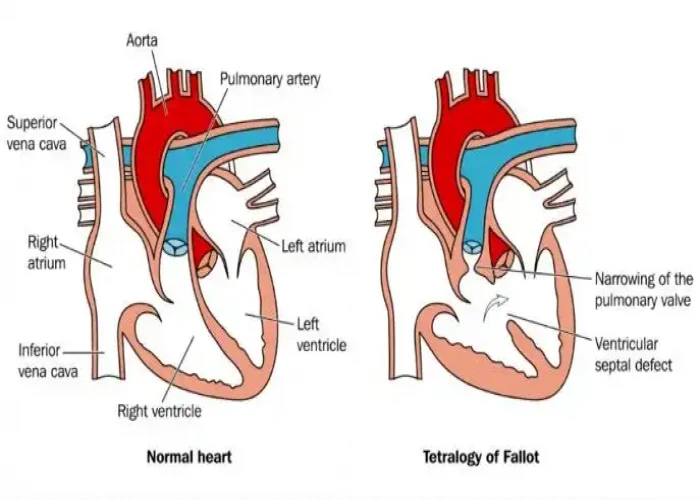 Welcome
Welcome
“May all be happy, may all be healed, may all be at peace and may no one ever suffer."
Ureteral cancer

Ureteral cancer is a rare type of cancer that affects the ureter, which is a tube that carries urine from the kidneys to the bladder. The cause of ureteral cancer is not fully understood, but some risk factors include smoking, chronic irritation of the ureter, and a history of bladder cancer.
Symptoms of ureteral cancer may include blood in the urine, pain in the back or side, and difficulty urinating. However, some people with ureteral cancer may not experience any symptoms.
Diagnosis of ureteral cancer typically involves a physical exam, imaging tests, and a biopsy of the affected tissue. Treatment options for ureteral cancer may include surgery to remove the affected ureter, radiation therapy, chemotherapy, or a combination of these treatments. The specific treatment plan depends on the location and size of the tumor, as well as the stage of cancer and the person's overall health.
The prognosis for ureteral cancer can vary depending on several factors, such as the stage of cancer and how well it responds to treatment. In general, early detection and treatment may improve the chances of a successful outcome.
It's important to consult a medical professional if you suspect that you may have ureteral cancer or any other medical condition, to discuss appropriate treatment options and prevent potential complications.
Research Papers
Disease Signs and Symptoms
- Blood in urine (hematuria)
- Back pain
- Burning during urination
- Weight loss
- Fatigue (Tiredness)
Disease Causes
Ureteral cancer
It's not clear what causes ureteral cancer.
Ureteral cancer happens when cells on the inside lining of the ureter develop changes (mutations) in their DNA. A cell's DNA contains the instructions that tell a cell what to do. The changes tell the cells to multiply rapidly and to continue living beyond their typical life cycle. The result is a growing mass of abnormal cells that can grow to block the ureter or spread to other areas of the body.
Disease Prevents
Disease Treatments
Ureteral cancer treatment typically involves surgery. Your treatment options for cancer of the ureter will vary depending on the size and location of your cancer, how aggressive the cells are, and your own goals and preferences.
Surgery
Surgery is often recommended to remove ureteral cancer. The extent of your surgery will depend on your situation.
For very early-stage ureteral cancer, surgery may involve removing only a portion of the ureter. For more-advanced ureteral cancer, it may be necessary to remove the affected ureter, its associated kidney (nephroureterectomy) and a portion of the bladder.
Chemotherapy
Chemotherapy is a drug treatment that uses chemicals to kill cancer cells. Chemotherapy is sometimes used before surgery to shrink a tumor and make it easier to remove during surgery. Chemotherapy may be used after surgery to kill any cancer cells that may remain.
For advanced ureteral cancer, chemotherapy may be used to control signs and symptoms of the cancer.
Immunotherapy
Immunotherapy uses your immune system to fight cancer. Your body's disease-fighting immune system may not attack your cancer because the cancer cells produce proteins that help them hide from the immune system cells. Immunotherapy works by interfering with that process.
Immunotherapy might be an option for treating advanced ureteral cancer that hasn't responded to other treatments.
Follow-up examinations
After your treatment, your doctor will create a schedule of follow-up exams to look for signs that your cancer has returned. These exams also look for signs of bladder cancer, since people diagnosed with ureteral cancer have an increased risk of bladder cancer.
The tests you'll undergo and the schedule of exams will depend on your situation. But expect to see your doctor every few months for the first year and then less frequently after that.
Disease Diagnoses
Disease Allopathic Generics
Disease Ayurvedic Generics
Disease Homeopathic Generics
Disease yoga
Ureteral cancer and Learn More about Diseases

Chickenpox

Cervical cancer

Heat exhaustion

Angina

Triple X syndrome

Primary lateral sclerosis (PLS)

Tetralogy of Fallot

Solitary rectal ulcer syndrome
ureteral cancer, ইউরেট্রাল ক্যান্সার
To be happy, beautiful, healthy, wealthy, hale and long-lived stay with DM3S.
